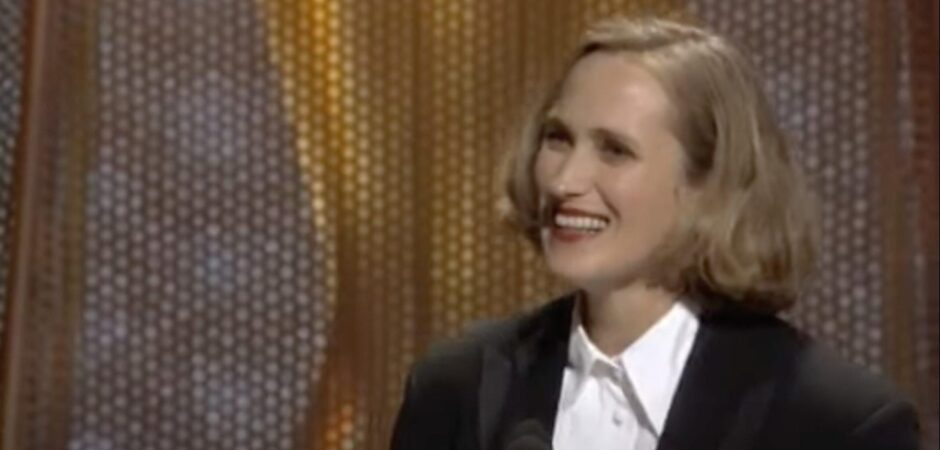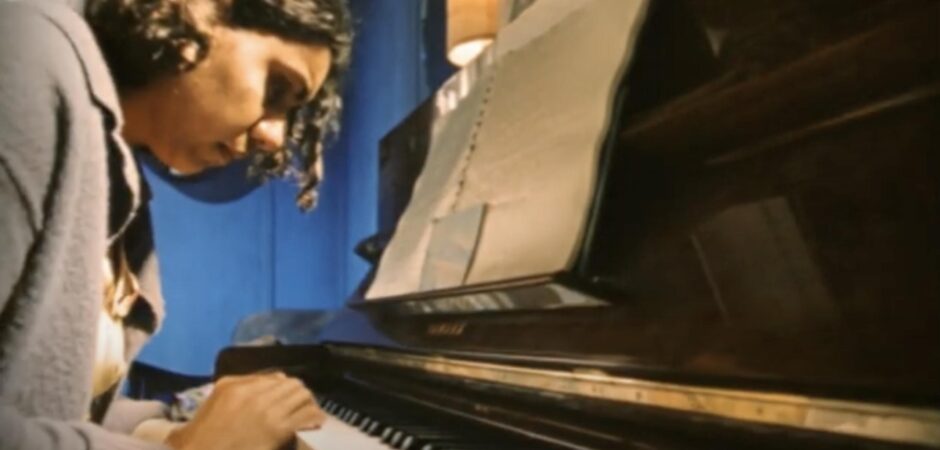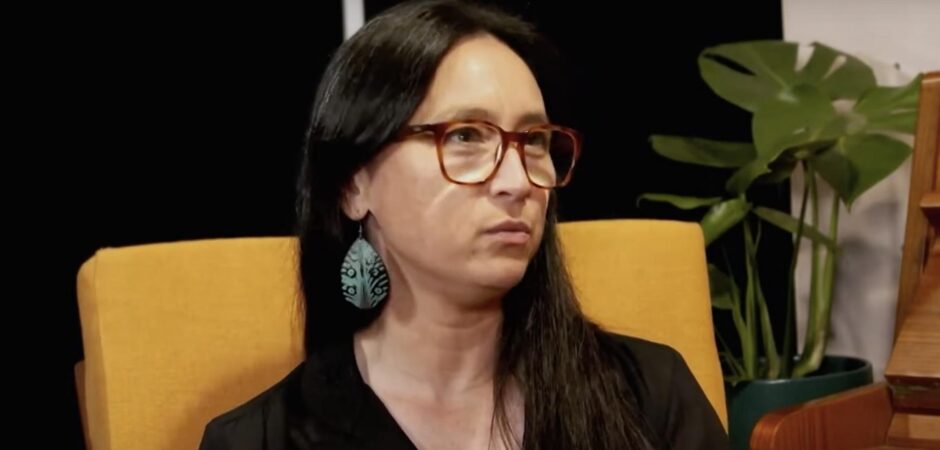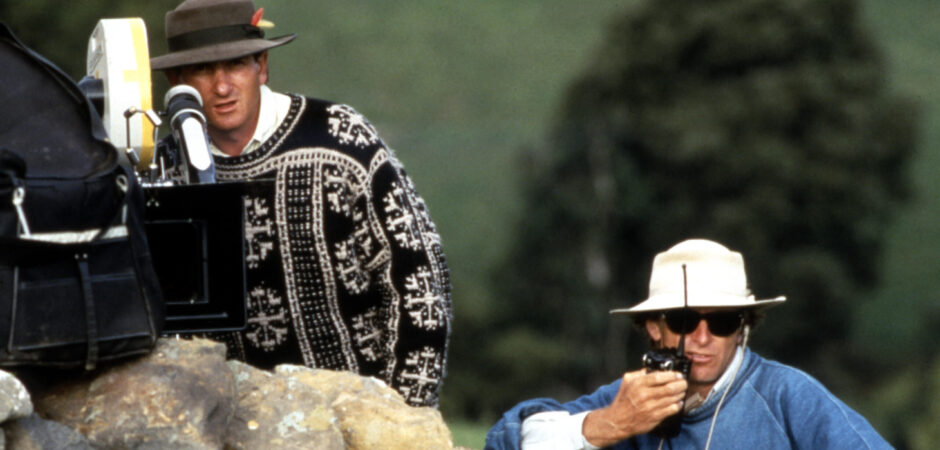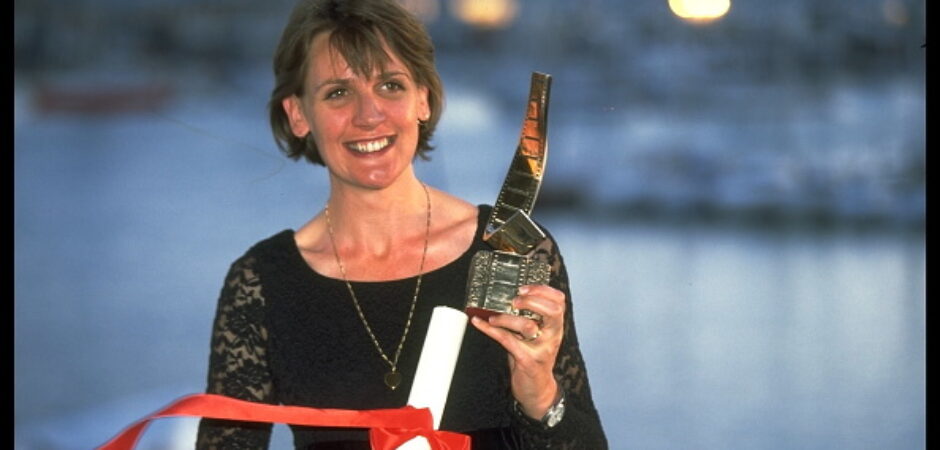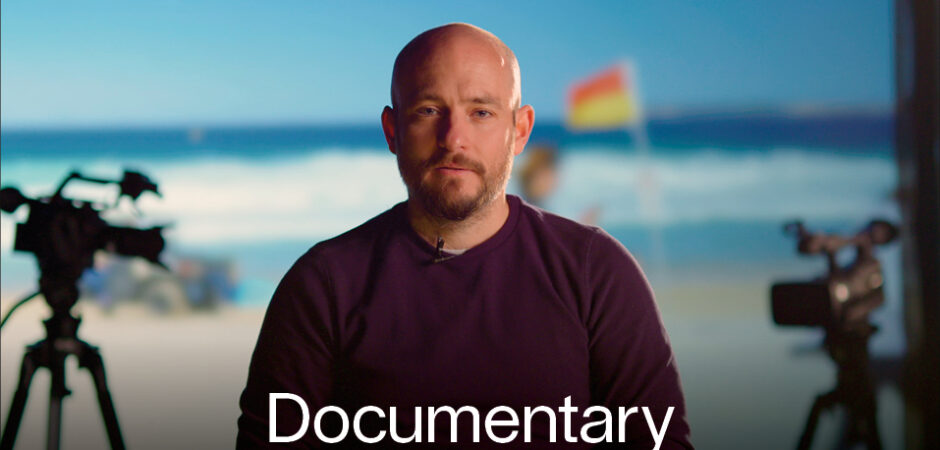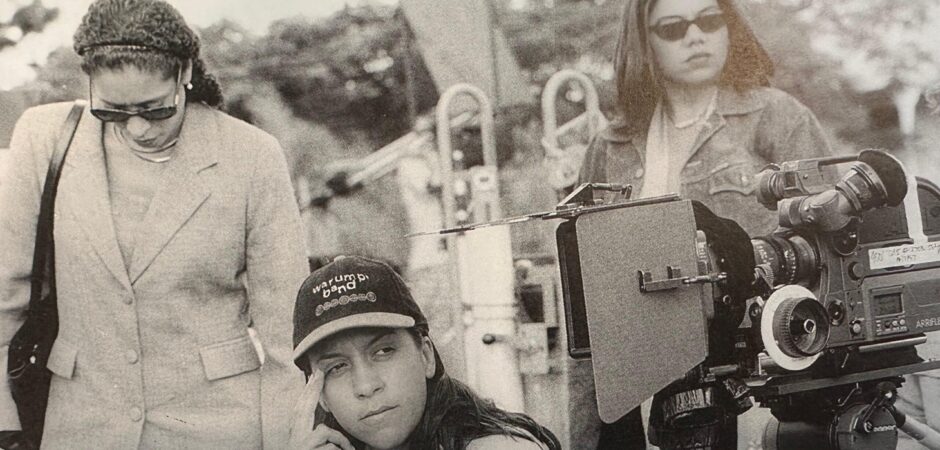January 1997
New curriculum, new strands
The school adopts a new curriculum following re-accreditation of the fulltime Bachelor of Arts (Film and Television) course to post-graduate level from 1997.
Post-graduate courses of one and two-years duration lead to Graduate Diploma, Master of Arts, and Master of Arts (Hons). Students still have a specialty (Writing, directing, producing, design, cinematography, sound, editing, digital media and screen studies) but Masters students also have a strand: drama (film & TV), television (drama & comedy), documentary (film & TV) and digital media. Documentary and Digital Media are part of the new strands.
The Gonski report published in January 1997 is supportive of the changes, saying: “The recent move by the AFTRS to post-graduate level training, and its role in assisting existing industry employees to upgrade their skills, sufficiently differentiates AFTRS from training provided by State-based institutions to ensure that any overlap has been removed. This… will be highly valuable to the industry.
37 AFTRS Handbook 1997, pg6
38 AFTRS Annual Report 1996/1997
